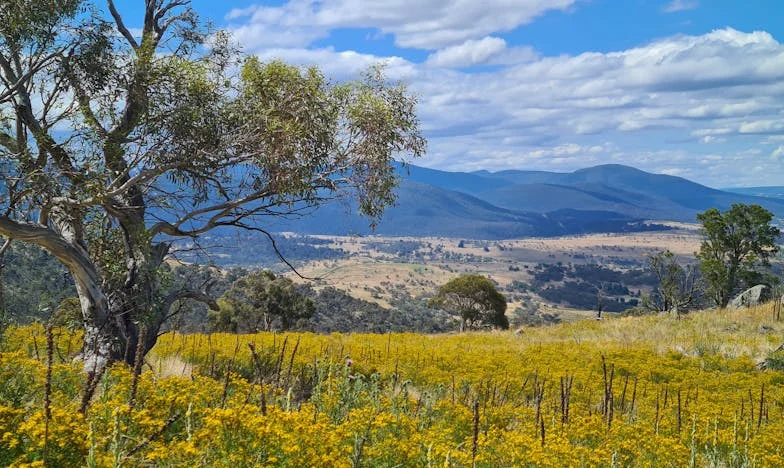The Door Was Never Meant for You: A Story of Love, Betrayal, and an Inheritance
“You don’t belong here, Mark.” My voice trembles, but I keep the door chain latched, just enough to see his face—older, tired, the lines around his eyes deeper than I remember. The porch light flickers above him, painting shadows across the front steps of the house we once called home. It’s been three years since the divorce, and the last thing I expect tonight is my ex-husband shivering on my stoop in the middle of a December snowstorm in Bloomington, Indiana.
He glances down, hands shoved deep into his coat pockets. “I just—please, Laura. I wouldn’t have come if it wasn’t important.”
My heart hammers in my chest. The kids are asleep upstairs. My mother—her presence still lingers in the house, even though she passed away last spring. I clutch the edge of the door, torn between slamming it shut and letting the past walk right back into my life.
“Five minutes,” I say, relenting. “That’s all you get.”
He steps inside and the cold rushes after him. For a moment, we just stand there in the narrow hallway, the silence thick with old pain and words we never said. He wipes melting snow from his brow, eyes roaming across the family photos on the wall—photos he’s no longer part of.
“I’m not here to fight,” he whispers, voice cracking. “It’s about your mom. The will.”
A bolt of anger shoots through me. “Of course. You show up now—when there’s money involved.”
He shakes his head, desperate. “It’s not like that, Laura. I know I messed up. But your mom… she left something for me. She said it was important.”
I laugh, bitter and sharp. “The woman you called a meddling witch? The woman you blamed for our marriage falling apart?”
He looks at his shoes, shame burning in his cheeks. “I was wrong. I’ve had a lot of time to think.”
I want to scream, to throw every memory back in his face—the nights he stumbled home smelling of whiskey, the days he disappeared, the way he slammed the door behind him and never looked back. But there’s something raw in his eyes, something I haven’t seen since before the cheating, before the lies.
He pulls a crumpled letter from his pocket and hands it to me. “She wrote this. For both of us. I couldn’t open it alone.”
My hands shake as I unfold the paper. My mother’s script—neat, looping, so achingly familiar—spills across the page. Her words talk about forgiveness, about the chains of bitterness that bind us, about how family is more than blood or broken promises. She writes about the lake house in Wisconsin, the one Mark and I always dreamed of restoring, the one we lost in the divorce—except, in her will, she’s left it to both of us. Jointly.
I feel the room tilt. “She wants us to fix it together?”
Mark nods, voice barely a whisper. “She said we’d only get it if we could figure out how to let go.”
The letter slips from my fingers. Suddenly, all the years of anger and pain rush over me, the nights I cried alone in this very hallway, the children’s questions I could never answer. My mother, in her final act, set us an impossible challenge—one that forces me to face everything I’ve fought so hard to bury.
“Why now, Mark?” I snap. “Why did you come back?”
He sighs, rubbing his scarred knuckles. “Because I’m tired, Laura. Tired of running, tired of pretending I don’t regret everything I lost. I don’t expect you to forgive me. But maybe we can do this one thing. For her.”
Upstairs, I hear my daughter Emily stir in her sleep. I remember the nights Mark tucked her in, before everything went wrong, before he traded bedtime stories for whiskey and silence. I remember how much I loved him—how much I hate that I still care.
“Let’s get one thing straight,” I say, voice icy. “This isn’t for you. It’s for Mom. And for the kids. That’s it.”
He nods, swallowing hard. “That’s enough.”
We stand there, two battered souls, united by grief and the stubborn hope of a dead woman. There’s no guarantee we can fix what’s broken, no promise the lake house won’t end up just another casualty. But as I watch Mark turn to leave, his shoulders hunched beneath the weight of our shared past, I realize I’m not ready to close the door—not yet.
Maybe forgiveness isn’t about forgetting. Maybe it’s about opening the door, just a crack, to see what’s possible.
What would you do if the person who hurt you most showed up at your door, asking for a second chance—not for love, but for healing? Can we ever really let go, or do some doors stay closed forever?
